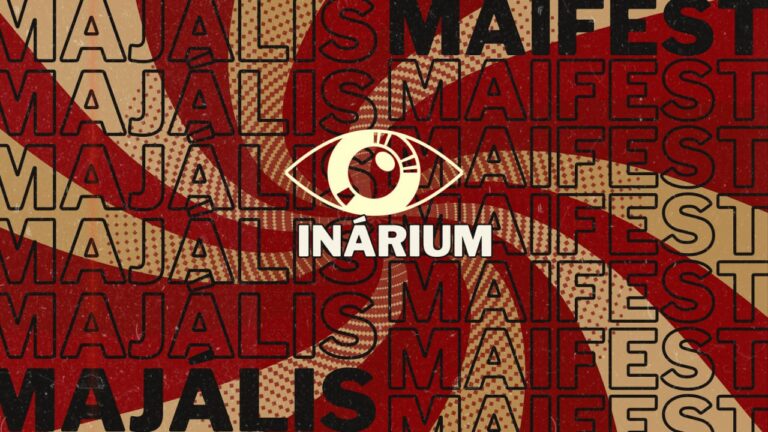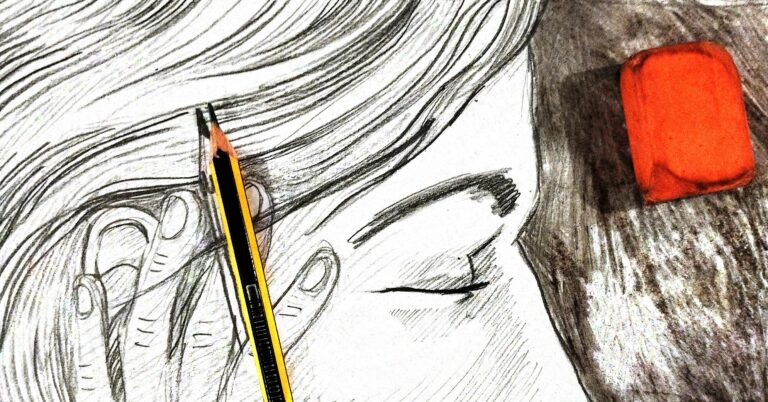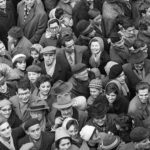School, school, do not die! – 3rd Telciu Summer School
Magyar nyelvű változat az első oldalon. Hungarian version is on the first page.
Versiunea de limba română se află pe pagina a doua. Romanian version is on the second page.
Labor Dystopias and Redundant Humans: Slaveries, Serfdoms, Precariousness
The 2018 edition of the Telciu Summer School (held between the 12th and 19th of August) is dedicated to forms of unfree, precarious, or unremunerated labor across the global capitalist system, the structural changes they have historically undergone, and the continuities that characterize them in the present. Slavery, serfdom, subsistence work, sharecropping, indentureship, debt peonage and other forms of non-wage labor have usually been considered lower, backward forms of labor, incompatible with the free labor characterizing the capitalist labor market of core areas and meant to eventually disappear. The colonized and peripheral locations in which such labor forms predominated were in turn seen as merely on their way to capitalism, yet never quite there.

The Telciu Summer School is interested instead in highlighting the historical connections between and the continuities among labor regimes usually constructed as polar opposites. Chattel slavery, the enslavement of Roma people, the so-called “second slavery” in the European East, the indentured labor of Chinese and Indian migrant workers in the Americas after the abolition of slavery were all intimately connected to capital accumulation, the displacement and forced migration of millions of people, industrialism, financialization, and the rise of racialized and gendered labor hierarchies. What Aníbal Quijano has termed “coloniality of labor” and the Bielefeld subsistence theorists have described as “housewifization” amounts to the insight that, in a system centred around the ceaseless accumulation of capital, the most profitable forms of labour would not be wage work, but unremunerated housework and forms closely approximating it, such as enslaved and enserfed labour in the (ex-)colonies, as well as peasant labour and housework in both centres and peripheries of the system.
Today, labor and trade regulations are continuously redesigned to fit the imperatives of capital, universal public services are axed, the right to a decent dwelling has morphed into the privilege of putting up a greater share of one’s wages into mortgage or rent in the bubble property markets of cities where job opportunities still exist. Meanwhile, global trade flows and competitive dynamics favoring food producers in wealthy and administratively capable countries make living off the land difficult everywhere else, giving village populations the choice between migration, subsistence farming and informal, highly precarious employment in local labor markets. Automation makes human labor increasingly obsolete, threatening to wipe out an entire section of formal labor and the professional middle class over the next two decades.
How do we make sense of these structural changes and what alternatives are there? How has neoliberal capitalism created more forced labor? What can we learn from economic systems that managed to minimize the impact of deregulation and automation? How can mass migration from and open trade with the Global South open up opportunities for dignified life and good politics rather than stoke the flames of neo-colonial reaction, white privilege, constitutional patriarchy and religious fundamentalism? What kind of social coalitions and actionable templates can enable an emancipatory path out of the current predicaments and coming dystopias of the world of work? What kind of social coalitions and actionable templates can enable a emancipatory path out of the current predicaments and coming dystopias of the world of work?

For 8 days, Telciu will host
12 courses and workshops coordinated by a team of lecturers, journalists and artists from Romania and abroad (Daniela Gabor, Tanja Ostoic, Julia Roth, Magda Matache, Manuela Boatcă, Ovidiu Țichindeleanu, Cornel Ban, Juan Francisco Gamella, Iulia Popovici, Victoria Stoiciu & Vlad Petri, Corina Tulbure, Bogdan Popa & Nicolae Emanuel Dobrei). You can find more details about the courses and our guests
here. The courses will be complemented by a series of
community activities, such as the presentation of
4 theatre plays:
The Great Shame (d. Alina Șerban),
The Miracle of Cluj (d. David Schwartz),
Țuhaus (d. Claudiu Lorand Maxim),
School Era Memories (Radu Apostol & Mihaela Michailov) followed by discussion with the public. Details about the shows and other community activities,
here. This year again, with the help of the Cinemobilul, documentary and art films and cartoons for the children will be projected. Under the organization of the summer school, parallel to the activities in Telciu, there will be film projections for both children and adults in Bichigiu and Romuli.
The young ones from Telciu, the neighboring localities, and those who came with their parents to the summer school, will be able to attend
4 workshops: introduction in documentary film making with Vlad Petri, director from Bistrița; mural painting with Lucia Mărneanu; narrative drawing and clay modeling with Maria Brudașcă and Tiberiu Bleoancă; and a musical improvisation workshop with traditional instruments (whistles, telenka, cimpoi, mouth harp, drums, etc.) with the lads from „Hanu’ cu Bragă”. The
artistic residency programme will also be continued, having as invitees Mihaela Michailov and Katia Pascariu, whose one-month residency entitled ‘
School, school, do not die!’, ‘ has at its centre the making of an educational rural theatre project, which proposes to document the local history of education, an investigation through artistic means of the history of education in Telciu’. A more detailed description of the residency and details about the two artists can be found
here.
This year there will be two premieres in the field of community activities: with the support of the Telciu Village Hall and Council, Bistrița-Năsăud County Council and partners from the Association ‘Produced in Bistrița-Năsăud’, a farmer’s market will be organized, presenting the produce of the local producers in order to encourage short consumption chains.
The tradition of donating books to the local library will be continued, however, this year there will also be a small book market. Throughout the summer school, several publishers will set up stalls at the entrance to the course rooms, allowing the students and the interested locals to acquire essential translations from the fields of critical thinking, recent books of native authors and, also, children’s books. Similarly, each publishing house will make a donation towards the library of the Telciu Technological High-School and the newly establishing library of the Center for the Study of Modernity and the Rural World. Donations are welcome by any guest or participant to the two libraries, especially towards the library of the local high-school.
Besides the funding from local partners, the organizers of Telciu Summer School are still 6.500€ short from being able to accomplish everything they have on program in good conditions! They launched a crowdfunding project in order to get the amount of money still needed. What do they need the money for: to pay part of the guests’ transportation (some have agreed to support them by paying for the transportation themselves), to pay the accommodation and meals for guests and the fees of the invited artists. Donations can be made both in EURO, as well as RON, and there are no fees for the donors.
Contact: [email protected]
Webpage: http://telciusummerschool.ro/










